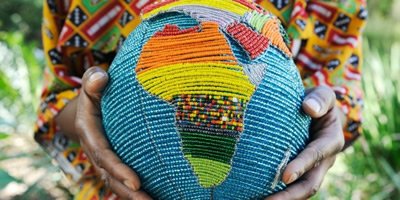
Reports from the Economic Commission for Africa show that African countries still have a deficit in trading among themselves as compared to trade with the rest of the world, especially in the context of the COVID-19 pandemic.
The European Union has been shown to account for the largest portion of trade with African countries, accounting for more than 29 percent of trade. Since Brexit, however, this trend has been shifting, with China beginning to dominate the international trade that African countries engage in.
Stephen Karingi, the Director of the ECA’s Regional Integration and Trade Division, affirmed that the African Continental Free Trade Area (AfCFTA) has not been able to fully impact the desired integration that it was launched under due to the COVID-19 pandemic. He also confirmed that the pandemic has negated a good portion of the work done to ensure African trade integration.
Peace and security and corruption have also been cited as challenges to integration. These issues, according to the latest reports, contribute to the low rate of the movement of citizens across the continent; an aspect that is vital for a more holistic integration.
Data shows, however, that the Arab Maghreb Union (Algeria, Libya, Mauritania, Morocco, and Tunisia) and the East African Community ( Burundi, Kenya, Rwanda, South Sudan, Tanzania, and Uganda) lead the continent in productive integration and should serve as role models to the rest of the continent. The East African Community, along with the Economic Community of Central African States, also leads the continent in macroeconomic integration.
The Economic Community of West African States is the least integrated economic bloc in terms of productive integration.
